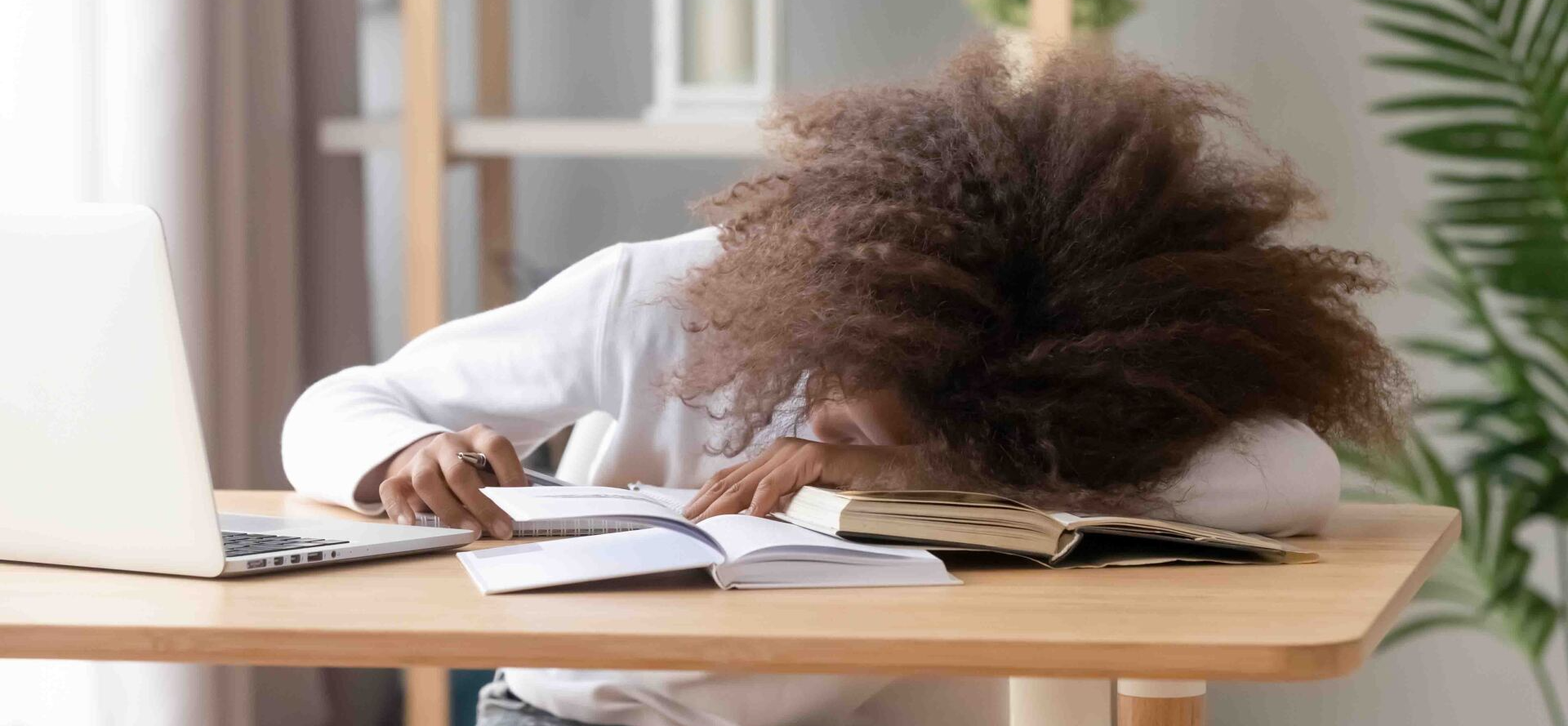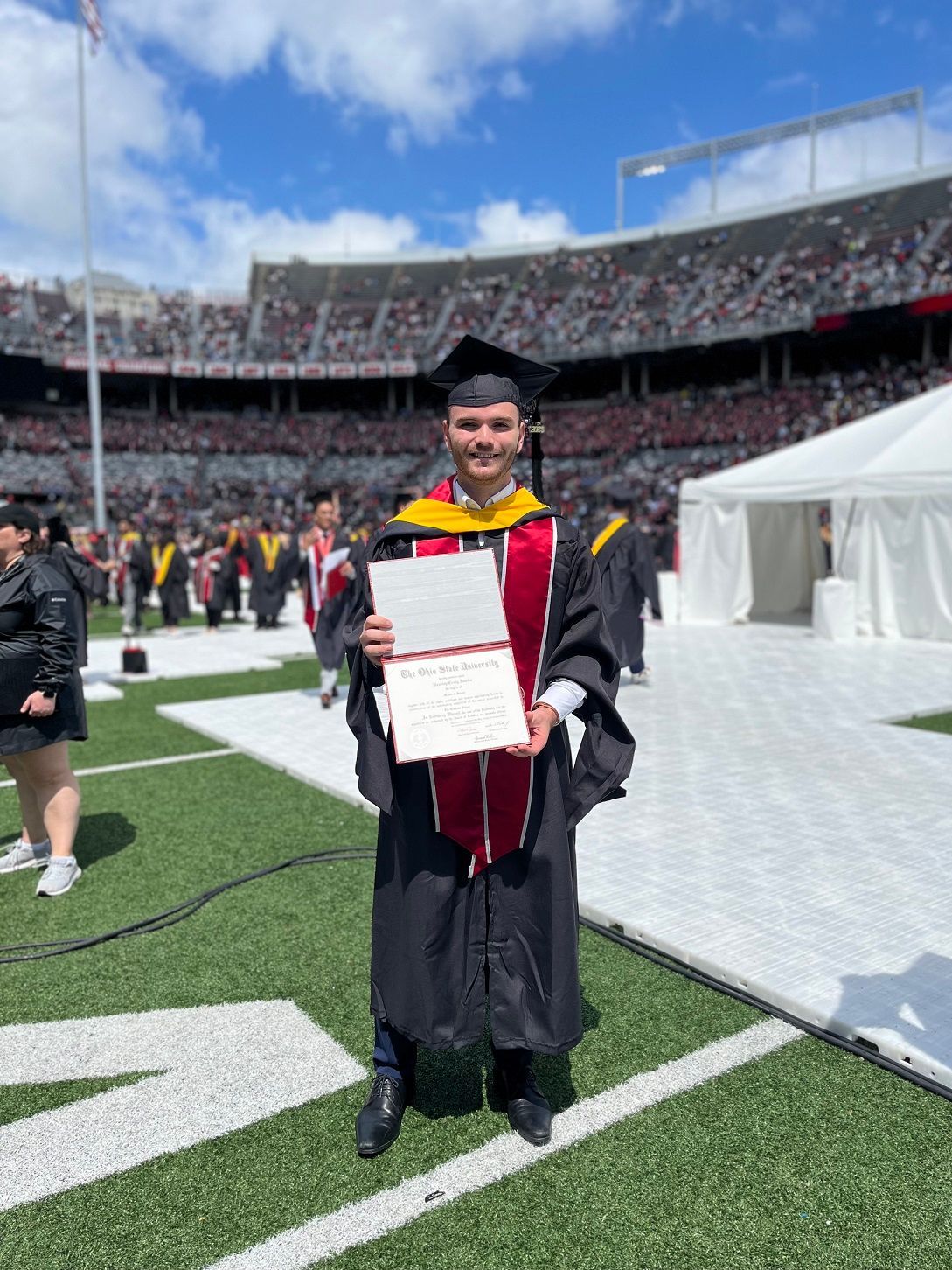Tips On How To Help Your Child Sleep
Help! My Kids Wont Sleep

As a parent, you know the impact that a bad night's sleep can have on your child. It can lead to irritability and problems concentrating. While adults may have low energy levels with not enough sleep, some children may experience the opposite. They can become hyperactive. Science has also linked sleep deprivation with several health concerns such as obesity and a weakened immune system. Getting your kids to sleep properly is vital for your child's health and wellbeing. If your child is experiencing insomnia, here are a few tips to help them sleep better at night.
“Tired minds don’t plan well. Sleep first, plan later” - Walter Reisch
1. Set a proper bedtime routine
A regular bedtime routine starting around the same time each night encourages good sleep patterns. For younger children, a bath followed by brushing teeth and story time is a good bedtime routine. Their brains will start to associate this routine with bedtime, and they will feel ready for sleep. In older children, the routine may include a quiet talk about their day over a glass of milk then some time alone reading a book before lights out.
It is important to note that at this time all electronic devices need to be switched off and stored away.
2. Keep regular times
Maintaining regular sleep times every night reassures good sleep patterns. Because we are all creatures of habit, our brains start to recognise when it is time to sleep. Keep your child's bedtime the same time each night. This will ensure that their body clock is in sync. Try to maintain similar times on weekends and over the holidays.
3. Relax and calm the mind
Typically, a child will fall asleep within 20 minutes of going to bed. If you find that your child is battling to fall asleep you may want to introduce sleep aids for children. These are techniques to help calm them down. Examples of sleep aids breathing exercises for relaxation or some soothing music. Older children could wind down by reading a book. Sipping on a herbal tea like chamomile, can help lower anxiety, making it easier to fall asleep.
4. Keep your child’s daytime naps early and short
Younger children need daytime naps, but this normally stops between the ages of 3 and 5. If your child is over five years and is still napping during the day, try to keep these naps short and early in the day. If your child is taking long naps later in the afternoon, this could make it difficult for them to get to sleep at night.
“A good laugh and a long sleep are the two best cures for anything” - Irish Proverb
5. Get plenty of exercise
A recent study by the World Health Organization concludes that 80% of kids between the ages of 11 and 17 aren’t physically active enough. Exercise is a great way to relieve stress and has been shown to improve the quality of sleep. It also helps with insomnia, depression, and anxiety. Just make sure your child's more intense workouts aren’t too close to bedtime, as this could keep them up.
As part of our holisitic offering, Trinityhouse, offers several sporting activities for pupils to participate in.
6. Electronic devices cause a child not to sleep.
Studies have shown that electronic devices can interfere with kid’s sleep by suppressing the production of melatonin. This natural hormone released in the evening helps you feel tired and ready for sleep. If your body isn’t producing melatonin, this leads to neurophysiologic arousals that increase feelings of alertness. If your kid won’t sleep, turn off those electronic devices long before bedtime.
To ensure that your child gets a better night’s sleep:
● Turn off devices at least one hour before bedtime.
● Keep devices and televisions out of your child’s room at night.
● For younger children who use a night-light, choose a dim, warm-coloured globe, rather than a bright, white or cool-coloured globe.
At Trinityhouse, the physical and emotional welfare of the pupils entrusted to us is not taken lightly. We want to see every child thrive. For more on how you can secure a place for your child, please click here to apply now.
To learn more about us, please do so here - About Us
Should you have an enquiry, feel free to direct it to us here - Enquire Now














